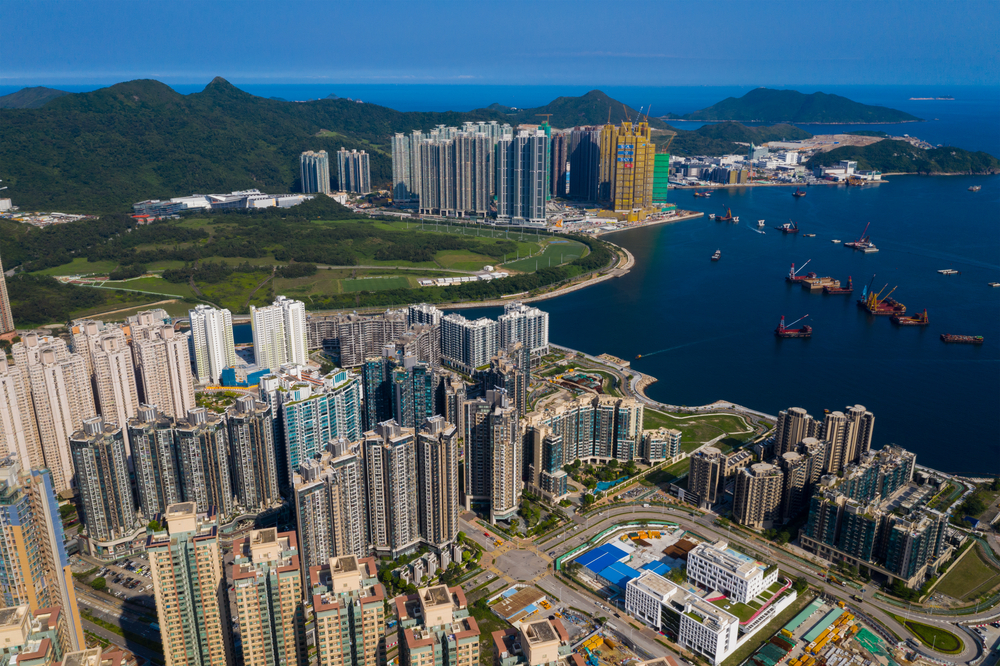Hong Kong to spend the lowest on new homes this year since 2015, only $21.9 billion
Centaline Property Agency forecasts the number of new homes sold to decrease by 27 percent for the entire 2020

Centaline Property Agency expects residents to spend the lowest on new homes since 2015, estimating only HKD170 billion (USD21.9 billion), as reported by South China Morning Post.
Analysts also expect a rough year for 2021, seeing the country’s recent fourth coronavirus wave that is intensifying distress to an already receding property market from economic slowdown and increasing unemployment.
Senior associate director of research at Centaline Wong Leung-sing said, “the sharp fall in sales is largely due to the poor market sentiment in the first half. Developers faced immense challenges to catch up with the sales in the second half.”
From January to November of 2020, developers secured around HKD145 billion, while the total transaction value for 2015 was HKD167.14 billion.
As 2020 comes to an end, Centaline forecasts the number of new homes sold to decrease by 27 percent, the lowest in seven years.
More: Hong Kong government’s vaccine procurement lifts mood in the property market
According to Ricacorp Properties, the decline in the number of strong sales of new projects is partly due to the secondary market’s poorer performance. Lately, homebuyers have turned their attention to the primary market.
Derek Chan, head of research at Ricacorp Property, mentioned, “flat viewing appointments declined by four percent this weekend as owners were reluctant to offer discounts to compete with developers.”
New home sales started to return after New World Development’s Pavilia Farm first launched in Tai Wai in October and priced units at 16 percent lower than The Garrison, a nearby project.
Wong added, “Buying sentiment will improve in the coming months.”
Recommended
Why everyone is moving to Selangor and Johor: Malaysia’s real estate comeback
Malaysia’s upturn in fortunes is especially prevalent in secondary destinations such as Selangor and Johor
Penang’s silicon boom: How the US-China tech war is supercharging local real estate
Penang’s booming semiconductor industry has created ripples within the local real estate sector
New leader, new opportunities: How Hun Manet is shaking up Cambodia’s real estate game
Hun Manet is overseeing decent economic growth and widening access to the country’s real estate market for foreigners
Singapore embraces inclusive housing reforms amid resilient demand
The Lion City’s regulatory strength continues to exert appeal for international investors








